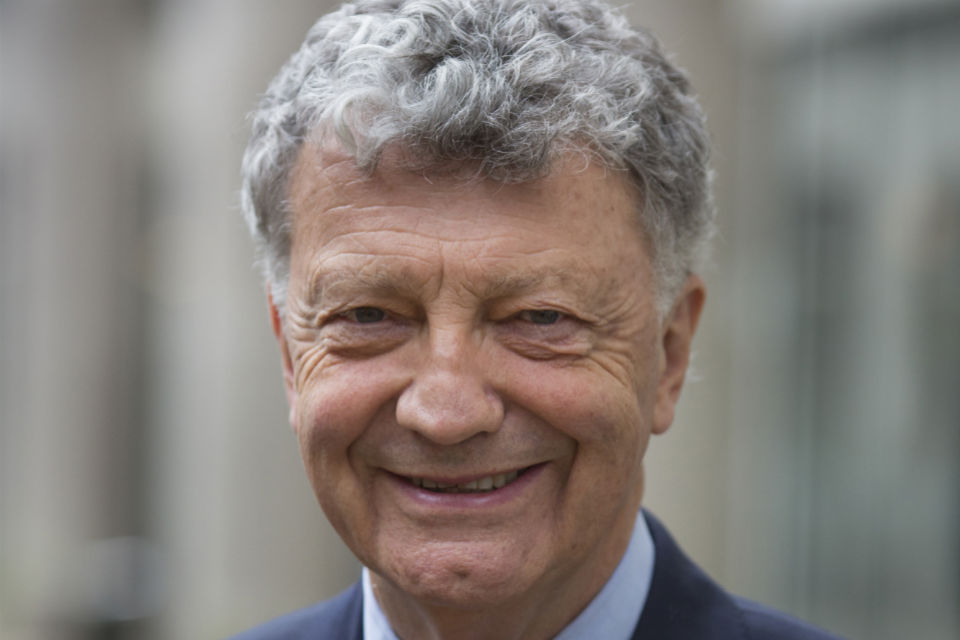William Shawcross speech at the All Party Parliamentary Group
William Shawcross talks about the public trust and confidence in the sector.

Charities are vital to society. Our research shows that the public still believe that. But public support cannot be taken for granted.
As Chairman of the Charity Commission, I have seen many charities, seen the incredible work they do and I continue to be humbled by individuals’ generosity, kindness and care for others. Charities and philanthropists make the country a better place. They embody individuals’ philanthropic instincts and soften the state.
Over the last 18 months we have seen successive revelations and high-profile collapses, such as Kids Company and fundraising malpractice, which have hit public trust in charities. We are not fully on the road to redemption, with further stories to come.
Independent research shows that we are now at a low point with public trust and confidence in the sector. Time will tell whether this is a long term trend or a short term dip but it is our view that both the leadership of the sector and the regulator must respond to this drop in confidence.
The Commission, as regulator, will play its part. We have a statutory duty to increase public trust and I take this very seriously: we know that the bad actions of a few charities can affect the way all charities are viewed.
We are a proactive regulator, which means that we intervene in charities when we have reason to do so. If, for example, we have reports of fraud, terrorist abuse or risk to vulnerable beneficiaries, we must act promptly. But we do not have either the authority or the resources to scrutinise the activities or accounts of all 160,000 charities registered with us. We have to trust that the vast majority of the 1 million or more trustees in England and Wales run their charities well. And most do.
We are here to support charities where possible. We give guidance to all trustees on how to discharge their legal duties in managing their charities, including advice on governance, the use of financial controls and how to cope with financial difficulties.
In the recent National Trustee Survey done by nfpSynergy, 91% of the 550 trustees who took part in the survey were aware of our guidance and 84% found the guidance valuable.
However, when we suspect mismanagement, misconduct, or negligence by the trustees we can and do get involved. Our role may then include protecting a charity’s beneficiaries and assets, as well as publishing reports that may identify wider lessons for other charities.
Ultimately, it is incumbent upon trustees to make themselves aware before taking on responsibility. Trustees carry full legal responsibility for their charity - no matter its size, no matter how many executives it employs. The buck stops with them. But I also know that we should honour trustees and not discourage them. We need more, especially young ones.
We are, however, only 300 people - a reduction from nearer 600. The commission’s budget has been reduced by 50% in recent years. This naturally limits what we can do when regulating those 1 million trustees and their combined budgets of a staggering £70 billion.
Adequate and stable funding of the commission is, I believe, the only way we can achieve an appropriate level of resource to regulate effectively. I believe it is essential that we now have an urgent debate on whether charities contribute to the funding of the Commission if they want more improved services and support. This is common in other sectors, such as energy or the media.
Any moves must of course not hit small charities and we would only seek contribution from larger charities. I call on the Committee to look seriously at this matter to guarantee the future stability of the Commission. I know this will meet with some resistance but I am confident that charities will understand that they will only continue to enjoy public support if the public has confidence that charities are well regulated. We do our best with our current resources, but we want to do even better.
I will now hand you over to Paula Sussex who will take you through some of the detail of what we have been up to on enablement and where we are going.